Abstract
For years Section 230 has operated as the Internet Giants’ shield from liability for user content posted on their platforms, regardless of the extent of harm to the public. The Supreme Court’s decisions in Gonzalez v. Google and Twitter v. Taamneh inform that the law’s broad protections may stay for now, but the Court suggested to Congress that such protections may need to change or disappear altogether. Although proponents of maintaining Section 230 “as is” fear that any change to the law may lead to Internet companies possibly overhauling their platforms or restricting speech on their platforms in an effort to avoid a windfall of lawsuits, critics of Section 230 see the law as a broad shield for these companies to avoid legal accountability. This Note argues that Congress should overhaul Section 230 and replace it with a federal regulatory mechanism, modeled after the European Union’s Digital Services Act, that regulates Internet companies, improves transparency among their moderation policies, and demands accountability when such policies cause harm to users.
Link to Full Note:
